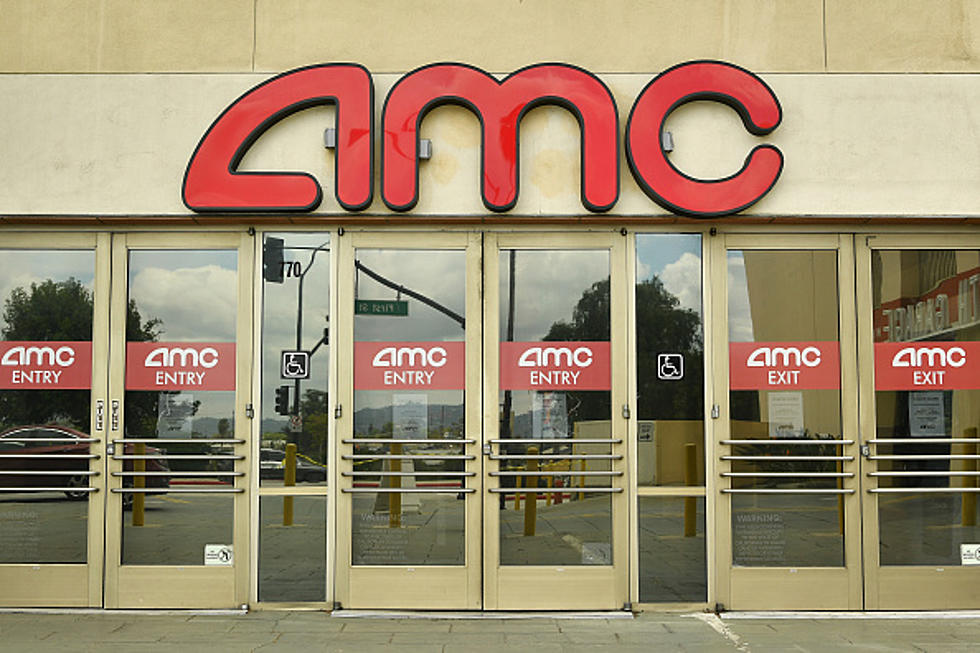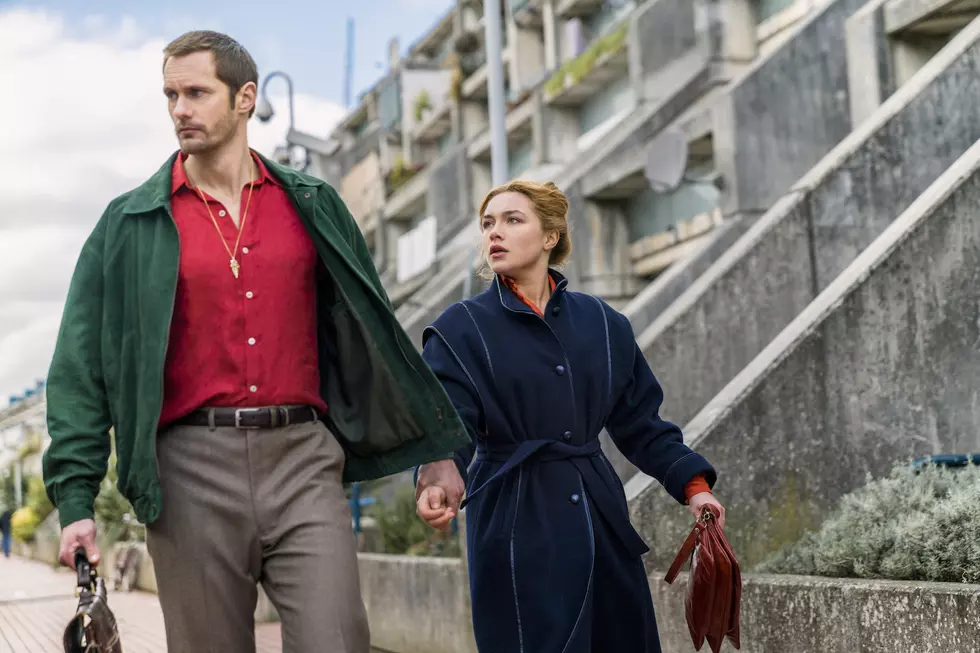
‘The Killing’ Review: “Hope Kills”
"Nobody misses them or goes looking for them. They're the throwaways of the world," says Pastor Mike (aptly) of the murdered teen girls on tonight's new episode of 'The Killing.' "That's what the killer's thinking too," responds Holder, and his suspicions about Pastor Mike may be all too founded.
I have to hand it to this season of 'The Killing,' and "Hope Kills" is another highlight of a season that's already been more engaging than the first two. Linden and Holder have seemingly swapped places -- while Linden certainly has reverted to the more stoic detective we knew from seasons one and two, she's not nearly as emotionally wrapped up in this case as she was with Rosie Larsen's. Holder, on the other hand, sees himself in these kids, especially in Bullet (and their interactions continue to be fantastic), and can't help but rage at the idea that a guy like Pastor Mike would be using kindness and generosity to possibly murder some of these girls.
As it turns out, Pastor Mike was formerly known as Pastor Mark in Arizona, where he was charged of kidnapping a 16 year old girl. The charges were dropped and Mark took off to Seattle, where he became Mike and opened another shelter. Linden and Holder's suspicions are further roused by Rayna, who tells Danette that Mike is lying, and reveals to the two detectives that Mike was up at 4 a.m. the morning Angie broke free from her captor, and upon learning from Rayna where the wounded girl was, Mike chased her down with his car and that's the last Rayna saw of Angie. Clearly it's troublesome that Mike would be up at 4 a.m. and already in his car, but a guy who runs a shelter like that must keep some strange hours, and maybe he was truly trying to help the girl, who was so traumatized that any man would seem dangerous to her that night. There are plenty of ways to explain this way, but none to explain the climax of this episode, wherein 'The Killing' shifts from its tried and true habits of leading us on to flat-out confronting us with something beyond mere suspicion.
Bullet and Lyric plead with Mike to help them out, and he allows them to spend the night at his place. Lyric goes ahead, alone, and listens while Mike explains that he knows what it's like to run away so much that you don't even recognize yourself anymore, and all anyone sees is what they want to see. The scene is unnerving, with Mike's face leaning in and out of shadows, highlighting the duplicity of this seemingly generous man -- a wolf in shepherd's clothing probably has a better time catching the sheep than a wolf in sheep's clothing.
And of course, by episode's end, there's little doubt that Mike is the killer. He runs off with Lyric, and the cops find his car at a train station, the backseat stained with blood. Lyric is gone, and Bullet cries out for the loss of yet another friend, made even worse this time by the affection the two shared. Bullet is like a miniature street urchin version of Lisbeth Salander, using her tough, boyish exterior as protection and intimidation. Surely with Bullet, Lyric would be safe; she couldn't keep Kallie safe, but maybe she could protect Lyric.
As Linden gets in her car, stressed from her inability to stay Seward's execution and her frustration at another girl's life most likely lost while the killer continues to elude her, a man jumps up from the backseat and puts a knife to her throat. His face is in shadow, but it seems to be Pastor Mike.
And speaking of Seward, our death row inmate is cracking under pressure. He tries to taunt Becker about his cheating wife -- a guilt-trip for allowing Seward's fellow inmate to commit suicide because Becker wasn't at his post that night -- but Becker turns the tables, making Seward feel the weight of his decision to have himself hanged. Peter Sarsgaard gets an outstandingly intense scene tonight when he folds in on himself, unable to take the guilt he's imposed on himself any longer, and feeling it's too late -- too late to claim innocence and turn this thing around, and too late to change the execution style he requested. Maybe he didn't kill his wife, but he's made himself suffer for it, and he's trapped himself in a prison worse than any he's physically lived in for the last few years.
But there's still salvation for Seward, as another inmate reminds him -- it may not be the kind that lets him walk free after all these years, and he can't change the way he dies, but he can control how he exits this world. Can he make peace with himself for the death of his wife, whether he was ultimately responsible for her murder or not, or will he die a man wracked with guilt?
More From KLUB Tejano 106.9










